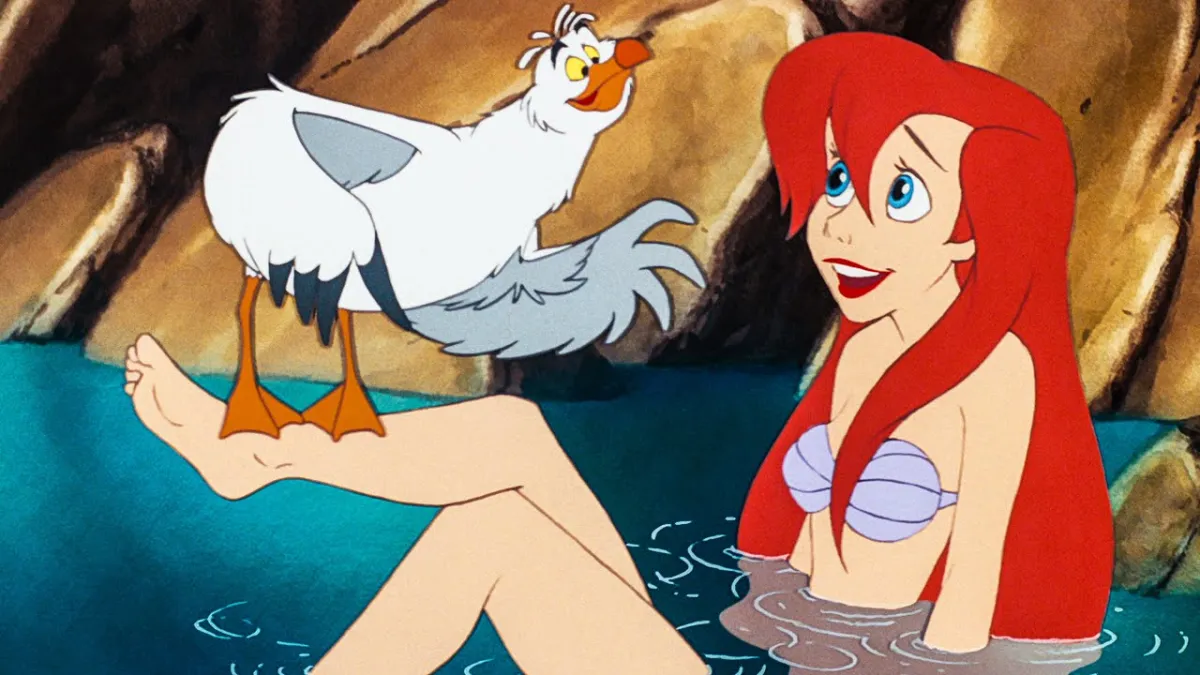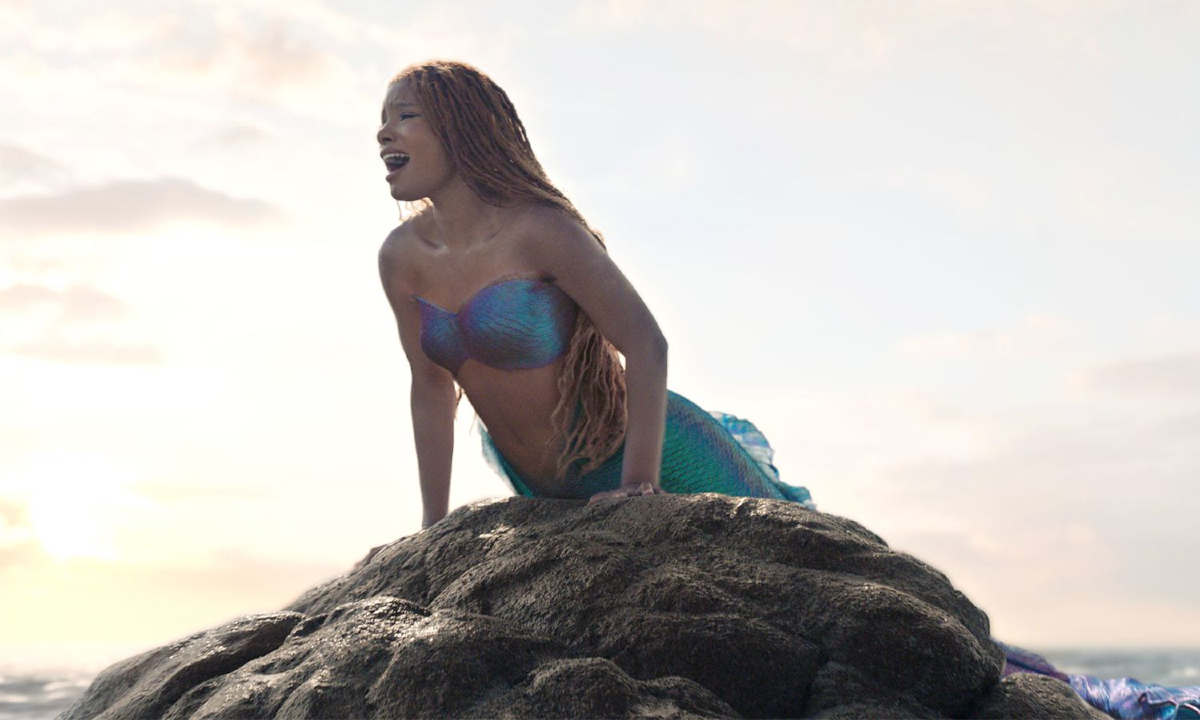When I went to see the new live-action remake of The Little Mermaid—which by now we all know is pretty much agreed upon to be one of the best Disney has ever produced—I saw it with the Italian dub.
It’s not like there aren’t cinemas that show movies in their original language in Italy (where I live), of course, but they’re usually in bigger cities—and I don’t live in one. Plus, even as a big subtitles fan who will watch anything in any language, Disney Classics are the exception. And that’s because of nostalgia.
While I would probably struggle to watch a Star Wars or Marvel movie in its Italian dub because a good chunk of my brain would be busy thinking about what this line would be in the English original or how that joke would definitely land a lot better, Disney Classics have something that very few other pieces of entertainment have—and that’s the fact that I grew up watching them and they had their chance to leave a searing brand on my brain when it was still very young and very developing.
The double life of Disney music
This peculiar double life that any Disney Classics-related content leads inside my head is especially true for me when it comes to the songs. Like so many children of my generation, I grew up pretty much burning through my VHS tapes—so much so that any and all Disney song is now forever imprinted in my mind. I might not be able to recall what I ate for lunch yesterday, but I sure as heck could belt out the entirety of “Poor Unfortunate Souls” or “Reflection” or “Friends Like Me” at the drop of a hat.
And those songs would clearly be in Italian because that’s what the seven years old version of me was hearing over and over again. Growing up and learning English meant that I revisited Disney Classics and their music often enough to memorize things in their original language as well, but while “I’ll Make A Man Out Of You” undoubtedly goes hard, it will never go as hard as “Farò di te un uomo.” You can play this song in a room full of twentysomething Italians and they’ll all be screaming by the first, familiar drumming notes.
And of course, nostalgia plays a big role in all of this. Disney Classics are pieces of media that unite generations, and their—in my case—Italian version even more so. They have had time to create inside jokes and lasting idioms in a way that the original English-language songs could never achieve, especially not in a non-English-speaking country like Italy. Hearing Halle Bailey’s dub actress, Yana C (who dubs Ariel’s singing voice), take on the Italian version of “Part of Your World” has an almost Pavlovian effect on everyone’s childhood memories. As if the Mouse doesn’t know that.
The hidden gems of foreign language Disney dubs
I would also like to acknowledge that even though nostalgia is the main factor here, some of the praise has to go to the great Italian art of dubbing—which goes back decades and has had some truly inspired creative choices over the years.
Take The Little Mermaid, for example. Scuttle makes up words in the original version as well, as perfectly exemplified by the iconic dinglehopper and snarfblat. In the Italian dub, however, he also mixes up already existing words, or uses them completely out of context—so in Italian the snarfblat, which has been translated to “soffiablabla,” ends up dating back to the “prehisteric” age.

The single best dubbing choice ever made in a Disney movie, though, has to go to The Aristocats. In the original version, the alley cat that Duchess and her kittens meet after being stranded in the French countryside by their owner’s butler, Edgar, is called Thomas O’Malley. But while The Aristocats is a pretty popular Disney Classic in Italy, you’d be hard-pressed to find an Italian who knows Thomas O’Malley—because in the Italian dub, he became Romeo.
Romeo is known as “er mejo her Colosseo,” meaning “the best of the Colosseum”. His most distinctive trait is his heavy—and beautiful—Romanesco accent, the dialect that is spoken in Rome. His song is also changed to reflect this change, and in it, Romeo sings of how he has arrived in France from Rome and how he practices his easy-going, worry-free lifestyle wherever he goes in the world.
It’s a character choice that brings to the mind of every Italian the many colonies of cats that live among the various Ancient Roman ruins in Italy’s capital city, sure, but it also does wonders to immediately make clear some main traits of Romeo’s personality—that a long canon of Italian entertainment has helped establish before and after that.
And you absolutely can’t begin to imagine the number of orange cats that have been named Romeo from the Seventies to today precisely because of that dubbing choice.
(featured image: Walt Disney Company)









Published: Jun 23, 2023 11:06 am